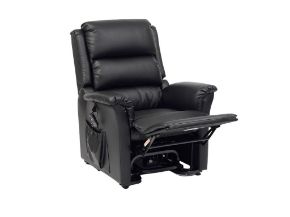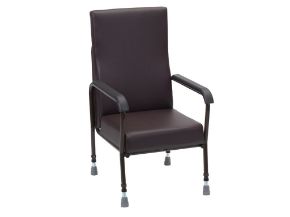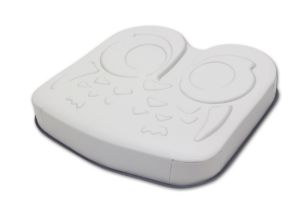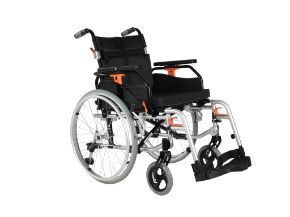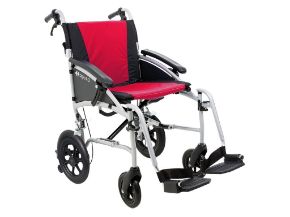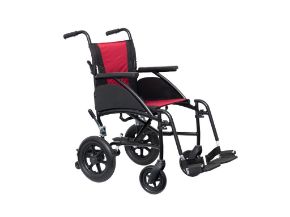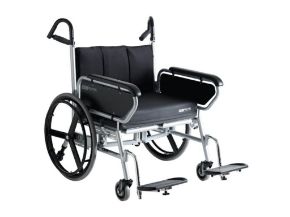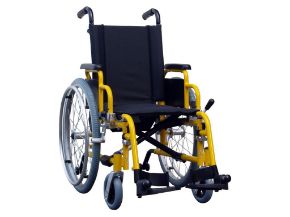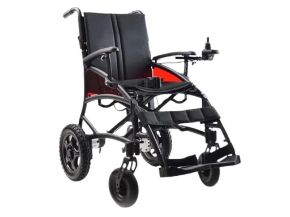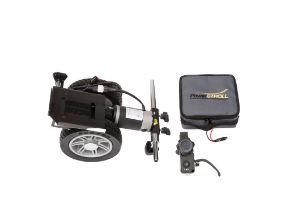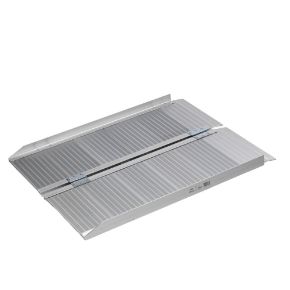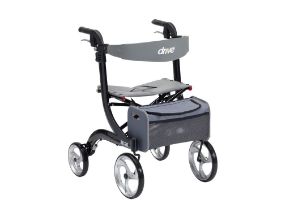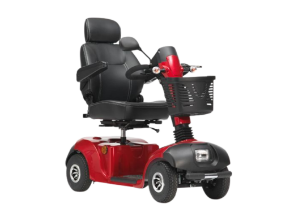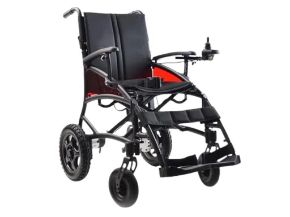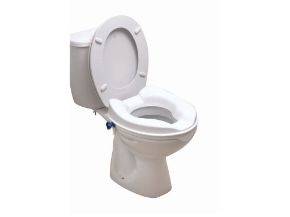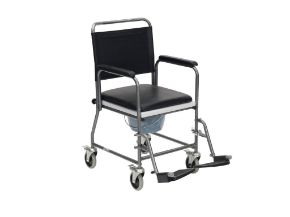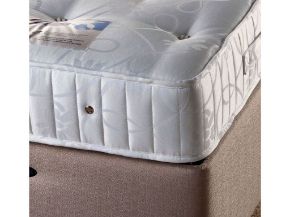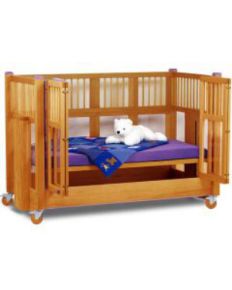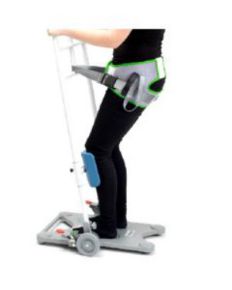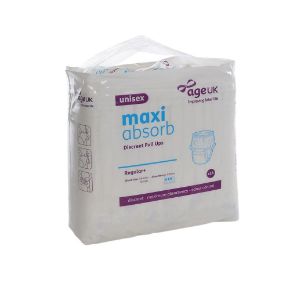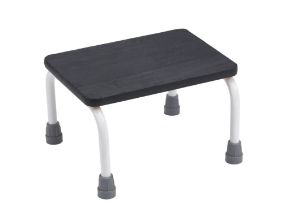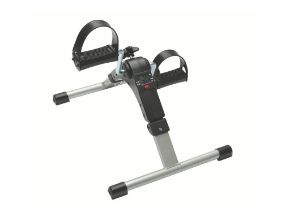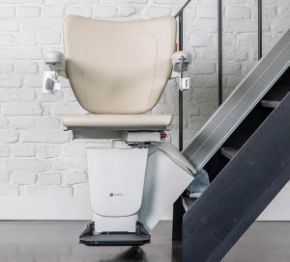_900.jpeg)
There is always an ongoing debate about what is the best pressure cushion on the market. Is there really one cushion that offers the optimum solution for pressure relief for all? In reality such a cushion doesn’t exist. However, at Beechfield Healthcare our state-of-the-art pressure mapping technology now offers you the opportunity find the optimum cushions for your patients.
What is a pressure map?
A pressure map is a computerised tool for assessing pressure distribution. To use it, you first place the thin sensor mat on a seat, wheelchair or mattress. When your patient sits or lies on the mat, a computer screen displays a heat-map of pressure distribution. The hotter colours (oranges and reds) indicate areas of higher pressures, and the cooler colours (blues) indicate areas of lower pressures.
Sample Pressure Map
By testing various cushions and their results on the chair we can help to find the best fit for each of your patients. OTs in particular have found this helpful in determining the right mix of wheelchair configuration and the correct cushion in complex seating situations.
Pressure mapping can also be done on any mattress and as with a chair it is extremely useful in highlighting potential areas prone to pressure. This can be relieved by either changing the mattress, using an air mattress or by simply understanding how/where the patient needs to be repositioned.
Please contact one of our product experts on 0818 989 353 to find out more about pressure mapping

